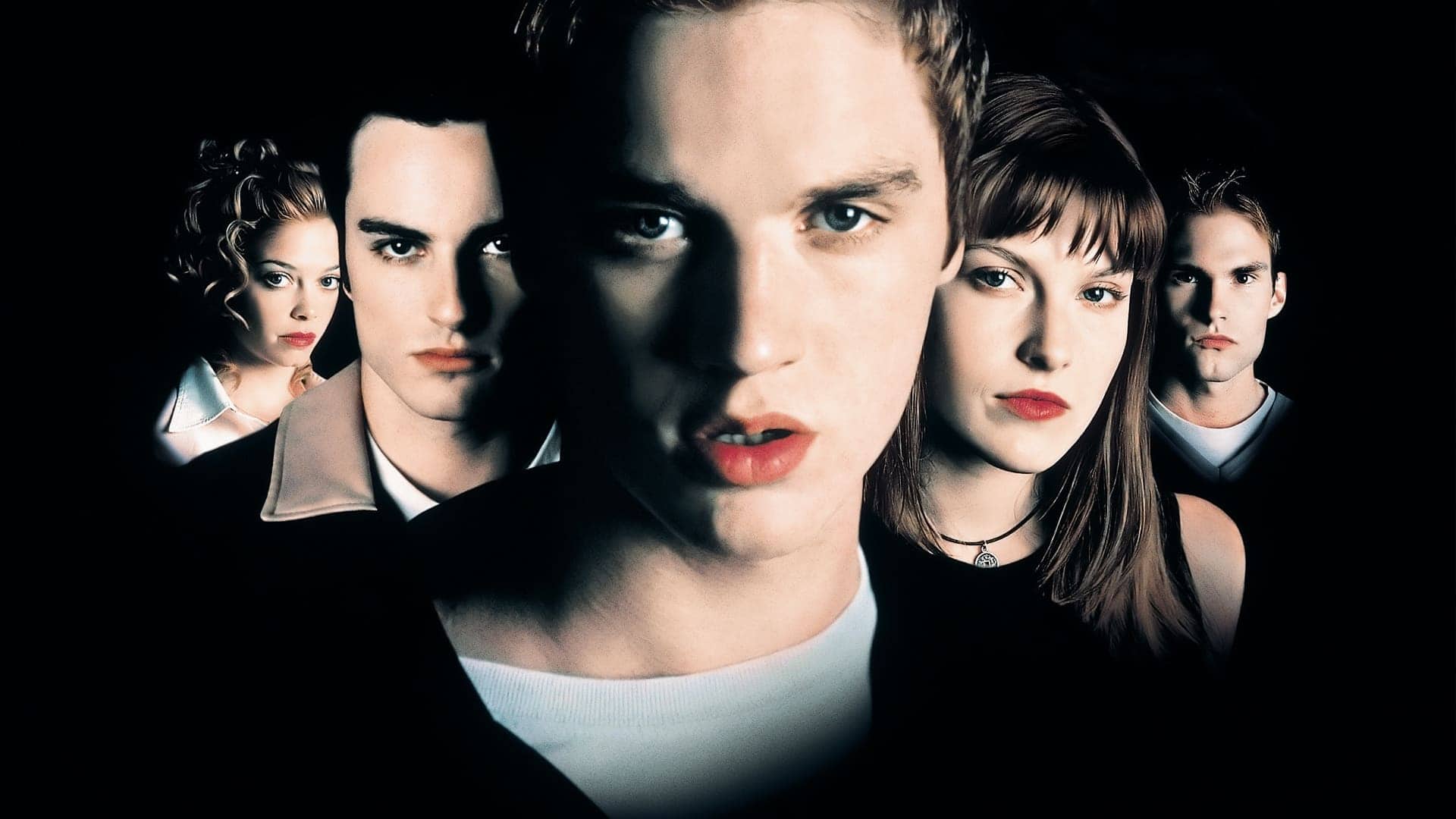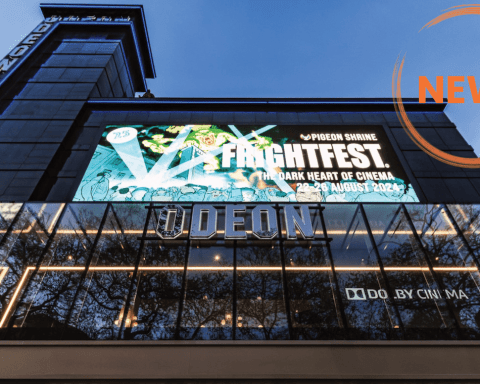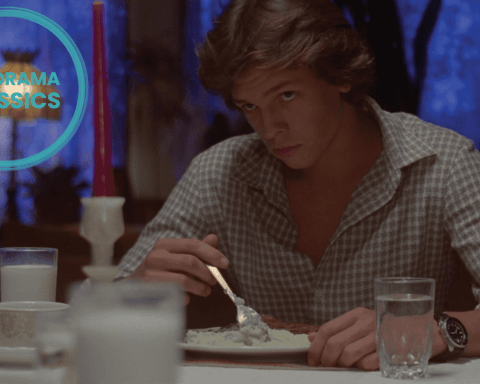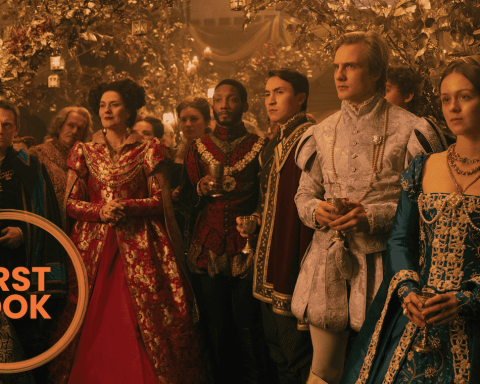
Final Destination is available to rent, buy and stream.
Final Destination would challenge and change the 80s teen slasher template and create a cinematic universe that would dominate the 00s. Coming from the mind of Jeffrey Reddick, the idea for Final Destination was initially destined for The X-Files TV treatment. However, New Line Cinema saw the potential for something big, and Reddick was encouraged to flesh out his script into a feature-length film while working alongside The X-Files series writers Glen Morgan and James Wong.
The only certainty in life is death, and as a result, the medium of film has long been obsessed with the figure of the Grim Reaper. The 1990s saw a resurgence of interest in death as a lead character both on the big and small screen, exploring the mythology of the Reaper in several films and TV shows. For example, Meet Joe Black (1998) offered us a sexy Brad Pitt as death in disguise. In contrast, Peter Jackson’s The Frighteners (1996) gave us a ghostly serial killer dressed as the Reaper who carved numbers into his victims’ foreheads. Final Destination, just like its contemporaries, would reimagine the figure of death, but here Reddick would completely discard the hood, gown and sickle. Final Destination would play on our deepest fears, fears that niggle at the corners of our minds no matter how confident we may appear to be. Final Destination would play with our subconscious and animalistic fears by reimagining the Grim Reaper as an unseen and uncontrollable serial killer who has given each of us a number, date and time.
As John Denver’s classic, Leaving on a Jet Plane, plays in a busy airport, flight 180 marks the start of Final Destination’s rollercoaster of horror, and my god, it’s a powerful introduction to the film’s core concept as it latches on to our deeply entrenched fears of control. Whether you are scared of flying or not, when we board a plane, we place our security, well-being and safety into the hands of a small crew, technology and a thin aluminium tube with engines. We all know there is a risk, just as we do when we board a train or drive a car, but with flying, we know that no matter how small the risk may be, our chance of survival is low in a disaster at 38,000 feet. Long before Alex (Devon Sawa) boards flight 180, he feels a sense of impending doom, and this feeling is something we all have at a certain point in our life, as if our subconscious is warning us to take a different route or avoid a long-held travel plan. Here Final Destination mirrors our collective fear of being in the wrong place at the wrong time while asking us whether we should trust our intuition or ignore it.
Instinctively, as humans, we all desire control; Final Destination understands this and excels in unpicking this basic need, whether in the form of a speeding bus, a slippery bathroom floor or a level crossing. Here each deadly scenario is one we would like to think we have control over, even though deep down, we know we don’t. In creating its horror, Final Destination plays with human psychology and uses it to create a cinematic experience like no other – one where death is stalking us all in an unavoidable game of cat and mouse. James Wong’s film grabbed its audience by the throat and didn’t let go for 1 hour and 38 minutes, and twenty-two years on, none of that power has diminished, despite some lacklustre sequels. Final Destination is not only one of the best horrors of the 00s; it’s a psychological rollercoaster of terror that understands our deepest and darkest fears.
















You must be logged in to post a comment.